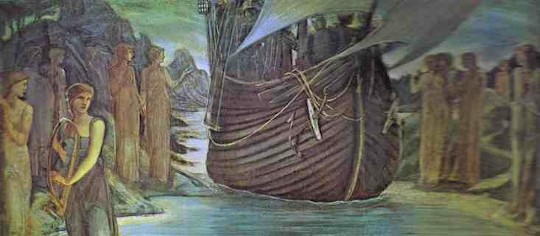Michel de Montaigne? Charles Cotton? M. A. Screech? Apocryphal?

Question for Quote Investigator: Overconfidence is one of the great faults of humankind. Gaining mastery of a topic is often quite difficult. Here is a pertinent remark:
There is a plague on Man: his opinion that he knows something.
The prominent French philosopher Michel de Montaigne has received credit for this saying. Would you please help me to find a citation?
Reply from Quote Investigator: Michel de Montaigne began to publish his famous essays in the 1570s. He continued to create, revise, and publish the essays up to the time of his death in 1592. The work titled “Apologie de Raymond de Sebonde” (“Apology for Raimond Sebond”) contained the saying under examination. The following text and spelling is from a 1652 edition. Boldface added to excerpts by QI:1
La peste de l’homme c’est l’opinion de sçauoir. Voila pourquoy l’ignorance nous est tant recommandée par nostre Religion, comme piece propre à la creance et à l’obeissance.
The sentences above have been translated into English by M. A. Screech as follows:2
There is a plague on Man: his opinion that he knows something. That is why ignorance is so strongly advocated by our religion as a quality appropriate to belief and obedience.
Here are additional selected citations in chronological order.
Charles Cotton created a translation of Montaigne’s “Apology for Raimond Sebond”, and the extended excerpt below provides additional context for the quotation. This text is from an edition published in 1842. The second paragraph alludes to the Biblical Genesis story of Adam and Eve’s temptation by a serpent. It also refers to Homer’s tale of the temptation of Ulysses by the Sirens. The phrase beginning “Eritis sicut” is in Latin:3
The first law that ever God gave to man was a law of pure obedience; it was a commandment naked and simple, wherein man had nothing to inquire after, nor to dispute; for as much as to obey is the proper office of a rational soul, acknowledging a heavenly superior and benefactor.
From obedience and submission spring all other virtues, as all sin does from self-opinion. And, on the contrary, the first temptation that by the devil was offered to human nature, its first poison insinuated itself into us by the promise made us of knowledge and wisdom: Eritis sicut Dii, scientes bonum et malum. “Ye shall be as gods, knowing good and evil.” And the syrens, in Homer, to allure Ulysses, and draw him within the danger of their snares, offered to give him knowledge.
The plague of man is the opinion of wisdom; and for this reason it is that ignorance is so recommended to us, by our religion, as proper to faith and obedience.
Below is an excerpt from the translation by M. A. Screech published in 1987:4
The first temptation came to humankind from the opposite extreme: the Devil first poured his poison into our ears with promises about knowledge and understanding: ‘Eritis sicut dii, scientes bonum et malum’ [Ye shall be as Gods, knowing good and evil]. In Homer, when the Sirens wished to deceive Ulysses, draw him into their dangerous snares and so destroy him, they offered him the gift of knowledge.
There is a plague on Man: his opinion that he knows something. That is why ignorance is so strongly advocated by our religion as a quality appropriate to belief and obedience.
In conclusion, Michel de Montaigne should receive credit for this saying which appeared in his essay “Apologie de Raymond de Sebonde” circa 1580. There are several different renderings into English. Two are given above.
Image Notes: Painting of “The Sirens” by Edward Burne-Jones. Image has been cropped and resized.
Acknowledgement: Great thanks to Peter Vilters whose inquiry led QI to formulate this question and perform this exploration.
Update History: On March 29, 2025 the format of the bibliographical notes was updated.
- 1652, Les Essais de Michel, Seignevr de Montaigne, Novvelle Edition, Livre Second (Book 2), Chapitre 12 (Chapter 12): Apologie de Raymond de Sebonde, Start Page 313, Quote Page 353, Chez Edme Covsterot, ruë Sainct Iacques, Paris. (Google Books Full View) link ↩︎
- 1987, An Apology for Raymond Sebond by Michel de Montaigne, Translated and Edited by M. A. Screech, Book 2, Chapter 12, Quote Page 53, Penguin Classics: Penguin Books, London, England. (Verified with scans) ↩︎
- 1842, The Complete Works of Michael de Montaigne by Michel de Montaigne; Edited by William Hazlitt, The Essays, Translated by Charles Cotton, Chapter 12, Apology for Raimond Sebond, Quote Page 223 and 224, Published by John Templeman, London. (Google Books Full View) link ↩︎
- 1987, An Apology for Raymond Sebond by Michel de Montaigne, Translated and Edited by M. A. Screech, Book 2, Chapter 12, Quote Page 53, Penguin Classics: Penguin Books, London, England. (Verified with scans) ↩︎